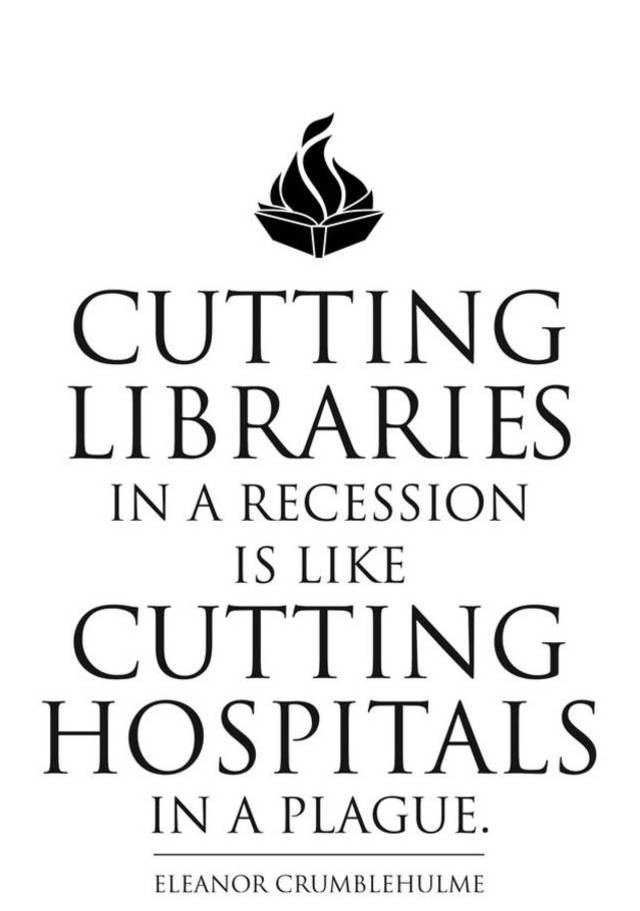In December 2009 I wrote a positive text in my Swedish blog about the Norska Forbrukerrådet (Norwegian Consumer Council) and their decision to write a report and demand answers from the Norwegian Data Protection Authority on the role of social networking sites in relation to personal integrity. I ended the post with the words:
Detta är ett härligt exempel på socialt patos från en nationell aktör i en globaliserad nätbaserad värld.
Translated: This is a wonderful example of social pathos from a national actor in a globalized network-based world. Today I received an email from the Norska Forbrukerrådet. Partly they wanted to inform me that there report has been sent in:
Facebook operates in a virtually lawless sphere as far as data protection and terms of use are concerned. The terms and conditions are not made available and are subject to frequent changes by the company. The Consumer Council of Norway is therefore asking the Data Inspectorate to clarify what Facebook and other social networking sites can and cannot do under the law.
The complaint against Facebook/Zynga is here (in Norwegian) and their readable report on integrity & sociala medier is here (in English).
On a more personal note the mail contained some really cool news. The Consumer Council has taken the closing words from my original post and put them on a t-shirt! This must be my best quote ever.



